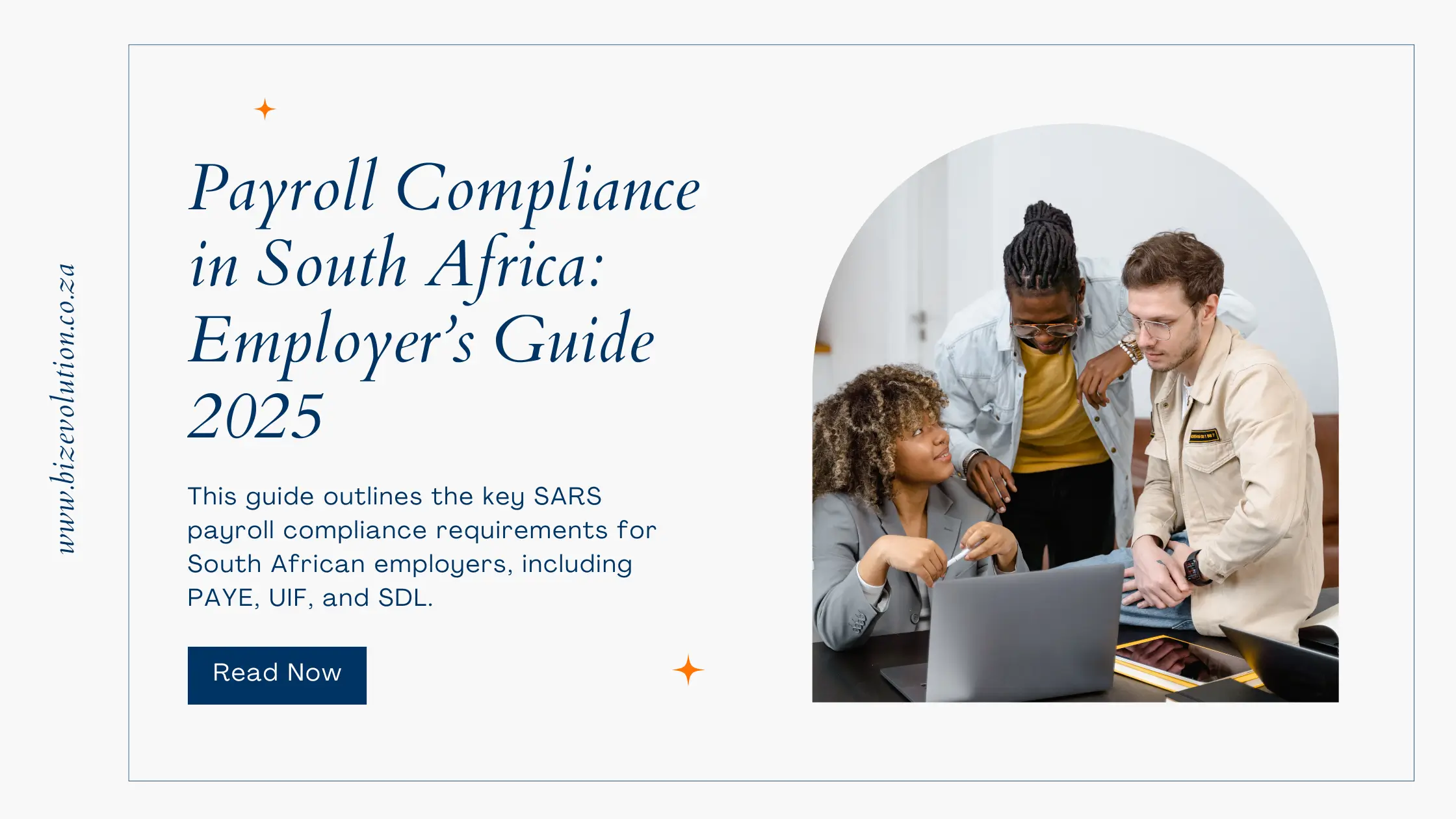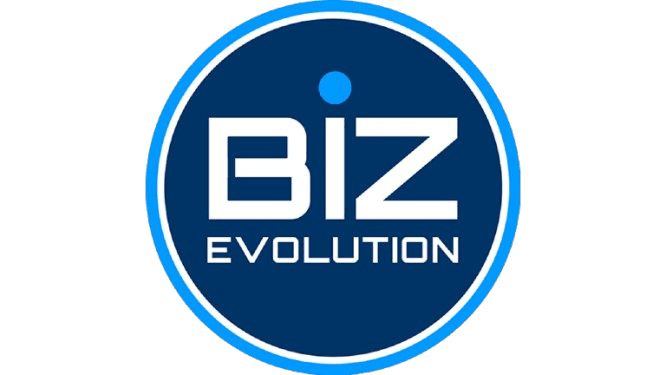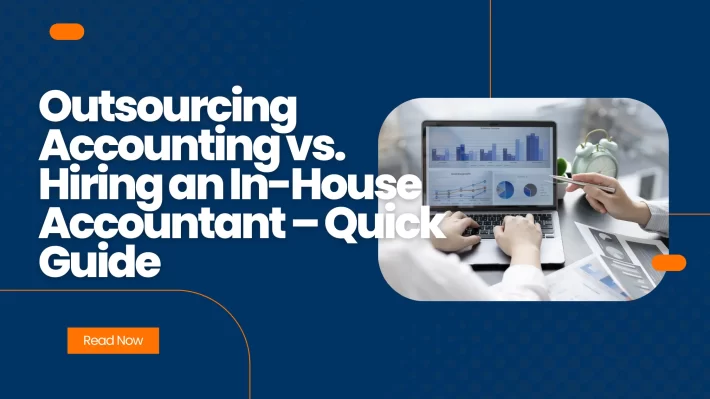Payroll Compliance in South Africa: Employer’s Guide 2025

Running payroll in South Africa requires more than just paying salaries on time. Employers must comply with strict statutory requirements set out by the South African Revenue Service (SARS) and the Department of Employment and Labour. Non-compliance can result in penalties, interest charges, or even reputational damage. This 2025 guide provides an overview of payroll compliance in South Africa, helping employers stay up to date with PAYE, UIF, and SDL obligations.
What is Payroll Compliance in South Africa?
Payroll compliance South Africa refers to an employer’s legal responsibility to deduct, declare, and pay over statutory contributions from employee salaries. These include:
- PAYE (Pay As You Earn)
- UIF (Unemployment Insurance Fund)
- SDL (Skills Development Levy)
- Other deductions, such as pension fund contributions, medical aid, or garnishee orders.
Employers are required to register with SARS and submit returns and payments within set deadlines.
1. PAYE (Pay As You Earn)
PAYE is a system where employers deduct income tax from employee salaries and remit it directly to SARS.
- Employers must calculate PAYE according to the SARS tax tables for 2025.
- PAYE submissions and payments are due monthly, by the 7th of the following month.
- An annual EMP501 reconciliation is required, along with issuing IRP5/IT3(a) certificates to employees.
Key update for 2025: Ensure your payroll software or provider reflects the latest SARS tax brackets and rebates.
2. UIF (Unemployment Insurance Fund)
The UIF provides short-term financial relief to employees who lose their jobs, take maternity leave, or become ill.
- Employers and employees each contribute 1% of the employee’s remuneration (up to the UIF threshold).
- UIF contributions are declared on the EMP201 and paid monthly to SARS.
- Employers must also register employees with the Department of Employment and Labour.
3. SDL (Skills Development Levy)
The Skills Development Levy (SDL) funds skills training and development initiatives.
- SDL is charged at 1% of the total remuneration paid to employees.
- It is payable by employers whose annual payroll exceeds R500,000.
- Contributions are made monthly via the EMP201 return.
Employers may benefit from claiming grants for staff training through their relevant SETA (Sector Education and Training Authority).
4. Monthly and Annual Payroll Compliance Duties
To remain compliant in 2025, employers should ensure they:
- Register with SARS for PAYE, UIF, and SDL (if applicable).
- Submit EMP201 declarations and make payments by the due date each month.
- File EMP501 reconciliations twice a year (mid-year and annual).
- Issue IRP5 certificates to employees.
- Keep payroll and employee tax records for at least five years.
5. Penalties for Non-Compliance
Failure to meet payroll compliance obligations can result in:
- Penalties (e.g., 10% late payment penalty).
- Interest charges on outstanding amounts.
- Possible legal action from SARS or the Department of Employment and Labour.
Maintaining compliance protects your business from unnecessary financial risks and ensures employees’ statutory rights are secured.
Payroll Compliance Tips for 2025
- Use SARS-compliant payroll software to automate calculations.
- Keep up to date with legislative changes announced in the national budget.
- Partner with an accounting or payroll specialist to handle PAYE, UIF, and SDL submissions.
- Conduct regular internal payroll audits.
Conclusion
Payroll compliance in South Africa is an ongoing responsibility. In 2025, employers must ensure accurate calculation, timely submission, and proper record-keeping for PAYE, UIF, and SDL. Staying compliant not only avoids penalties but also builds employee trust and positions your business as a responsible employer.
Need help with payroll compliance in South Africa? Our team can assist with SARS registrations, EMP201 submissions, and year-end reconciliations — so you can focus on growing your business.



